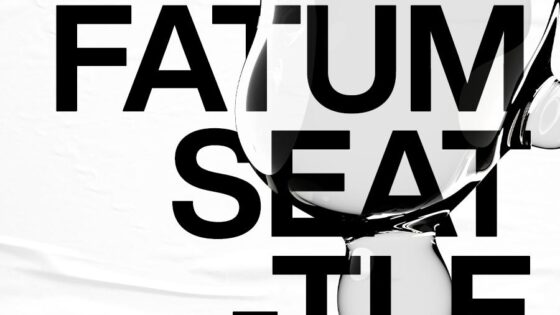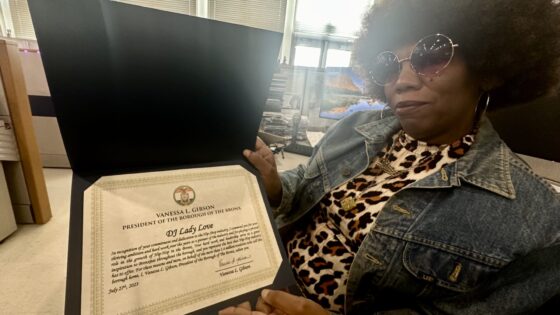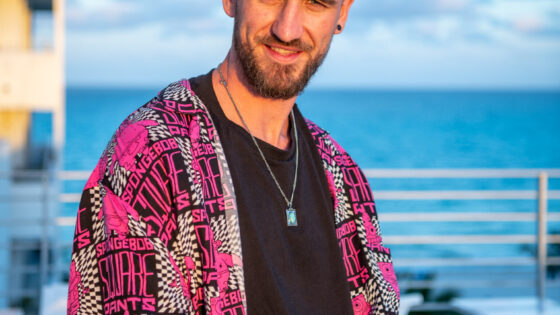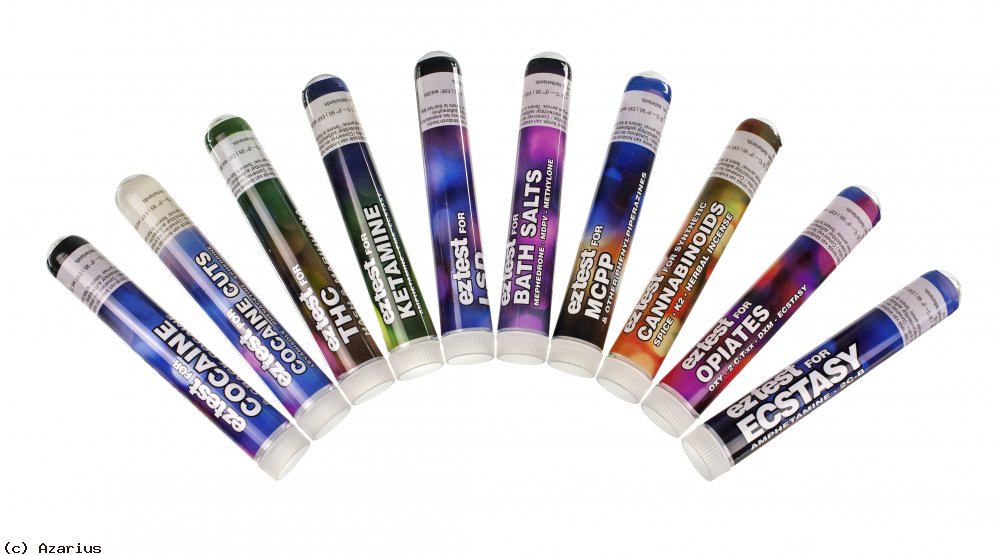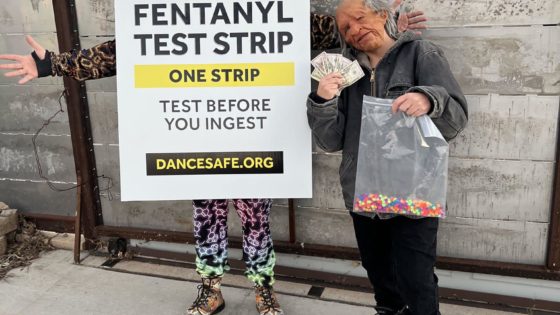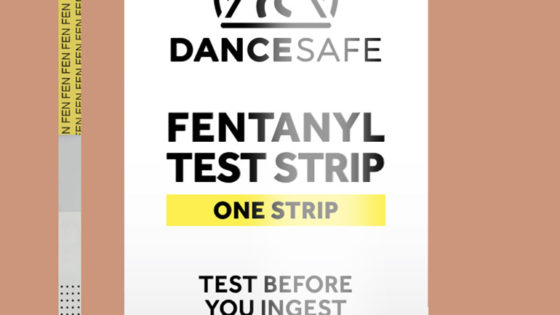For anyone who has been following the harm reduction movement, they know that the best way to combat drug overdoses is with a realistic approach, rather than employing the more standard zero tolerance policy. We at DMNW have been pushing for this kind of approach on a local level for a couple years now. It’s not just us who are trying to enact change though. Newcastle University has introduced a program called “Test Your Drugs, Don’t Test Yourself” to their students. This program is giving presumptive testing kits to their students in an effort to prevent drug overdoses. These testing kits can tell you what drugs are present in any pill or powder, and can give the user enough information to make the right decision about what they are about to consume.
The policy itself was spearheaded by The Students for Sensible Drug Policy Society (SSDPS) and the University’s union. The aim is the same as handing out free condoms. Sure, there are people out there who would rather their children be studying rather than engaging in superficial sexual activity, but they would much rather them be safe if they are going to do it. In that same vein, the goal is not to condone drug use, but at least give the option of making a safer choice.
We have seen what happens when you take this kind of approach to drug policy. Shambhala Music Festival consistently has one of the best safety rates of any festival in North America when it comes to overdose-related medical transports. On top of that, it actually acts as a drug deterrent. When a person finds out that they don’t have the drug they were told they bought, the majority of those people discard the drugs and don’t use them. That’s what we call a two-fold win: Preventing death or injury, and preventing drug use.
Professor Fiona Measham of Newcastle University wants to warn people that just because it tests positive for MDMA, that it is not a cure-all for for risk-management. “Some of them [pills] are coming up as 250mgs of MDMA,” she warns. “That’s more than a double dose for an adult male and if you double-dropped two of them you’d be taking half a gram. That kills people.” That is another serious issue that has been popping up. No one really knows what the proper dose is, except for medical professionals familiar with the drug. That said, medical trials conducted for patients of PTSD have found that the proper dose for their test group sat right around 120mg.
We also reached out to Caleb Banta-Green PhD. at University of Washington’s Alcohol & Drug Abuse Institute (ADAI) to have him weigh in on the progressive shift in harm reduction. Caleb elaborated on Professor Measham’s statements, noting that just because it tests positive for MDMA, you can really still be not sure what it is.
“The fundamental problem with drug test kits is the strong possibility of providing a false sense of security, even more so now than a decade ago, there are hundreds of new synthetic drugs that these test kits cannot detect.”
Caleb points out that the European Monitoring Centre for Drugs & Drug Addiction (EMCDDA) found that in 2014 101 new psychoactive substances were reported that year. He also points out that the EMCDDA is also monitoring around 450 new psychoactive substances. The simple fact is that we cannot keep up with the new synthetics that are being created. Caleb echoes our sentiment that “You are safest not using.” But he isn’t naive either. If you should decide to take drugs he has some advice for you:
“If you do use: Start low, go slow. Be with other people in case something bad happens.
If something bad happens: Know that if a person is having a seizure or is unconscious and you can’t wake them up it is a medical emergency. Call 911. Many communities provide good Samaritan protections from prosecution for those who have or help during an overdose. If you suspect an Opioid overdose administer naloxone (Narcan). Provide CPR as appropriate. Stay with the person.”
The truth is, just as with sex and the risk of STDs, the safest way is abstinence. But none of you are going to listen to that (alright, maybe a few), so if you are going to choose to enjoy some recreational drugs, your best bet for the best possible outcome is to arm yourself with knowledge. We have loads of data available in our Harm Reduction Hub (Rave 101), and there are other sites and services to help you on your journey.
Important things happen in Pacific Northwest nightlife, and DMNW will send you alerts!









